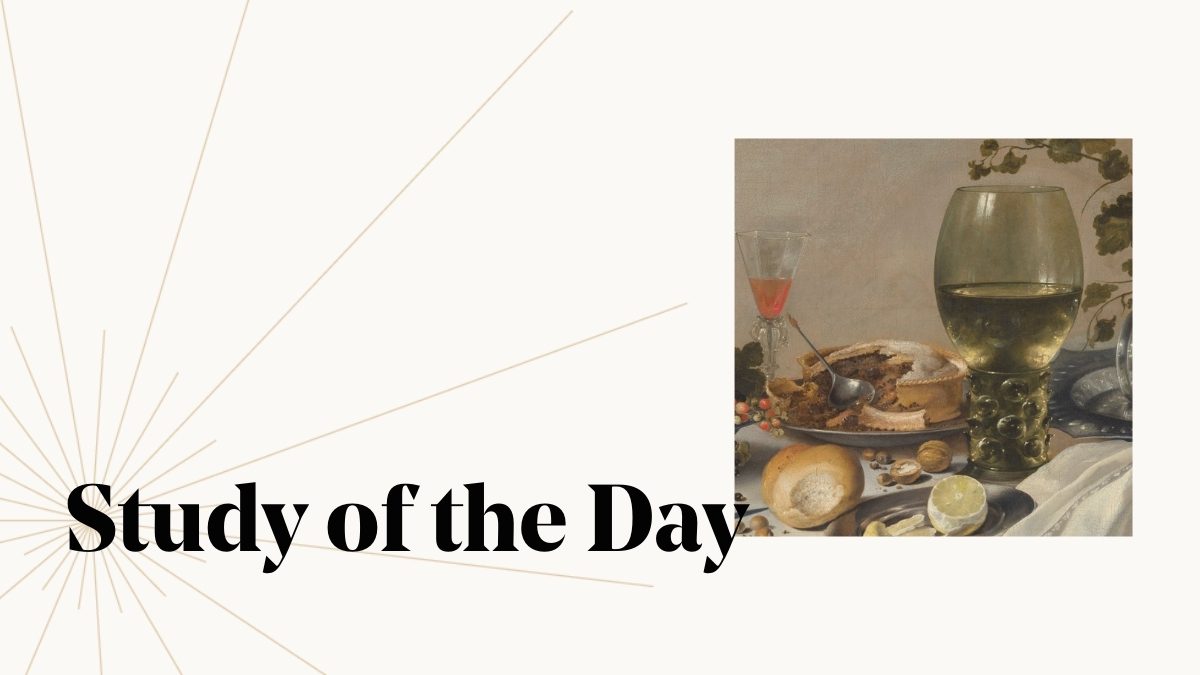In our Study of the Day feature series, we highlight a research publication related to a John Templeton Foundation-supported project, connecting the fascinating and unique research we fund to important conversations happening around the world.
You can tell something about a culture’s attitudes towards optimism by the literary characters it elevates: you have the “best-of-all-possible-worlds” sophisticated naivete of Professor Pangloss and his protege in Voltaire’s Candide; the irrepressible bootstrap-pulling of a Horatio Alger protagonist; the searching-for-a-silver-lining that was the defining characteristic of the cheerful orphan girl Pollyanna. Meanwhile, modern bookshelves sag under any number of “manifest your desire” self-help scenarios, and the occasional searing critique like Terry Eagleton’s Hope Without Optimism, whose opening chapter derides optimism as necessarily irrational, “a primordial stance toward the world…which lights up the facts from its own peculiar angle and is thus resistant to being refuted by them.”
But are those our only real options regarding optimism? Blind acceptance or ruthless rejection? Matthew Wilson and Tyler VanderWeele of Harvard’s Human Flourishing Program recently argued in the journal Philosophia that deploying a more nuanced taxonomy of optimism can better equip philosophers and psychologists to understand which forms of optimism can be rational or irrational — and which are something else entirely.
WHAT TO EXPECT WHEN YOU’RE EXPECTING
Wilson and VanderWeele note that most psychologists and philosophers treat optimism as an expectant state, of believing something about specific future events — generally that something good or desirable will happen. In this view, the question of optimism can come down to a probability assessment: if a person views a desirable outcome as more likely for them than what a dispassionate outside observer armed with statistics and actuarial tables would predict, they are being optimistic — but also provably irrational. So go many of the standard empirical critiques of optimism. But Wilson and VanderWeele point out that the critique really applies to one of three varieties of an expectant state, one that they call groundless optimism.
But there are also varieties of grounded optimism, circumstances that might make it rational for someone to believe they have better than average chances of receiving or achieving a good thing. One form of grounded belief, resourced optimism, notes that an optimist might have valuable external reasons to think they might have better odds (things like education, past experience, financial security or personal networks). Another variety, agentive optimism, centers on a person’s knowledge of their own commitment and determination to reach a desired outcome. Both of these could make it rational to assume one will be an outlier. These kinds of optimism are rational because the standard actuarial tables aren’t nuanced enough. A world of perfect knowledge would yield perfect statistical predictions — only then could all forms of expectant optimism be truly groundless.
POLLYANNA IN PERSPECTIVE
Another category of optimism is not subject to epistemic scrutiny — to being provably rational or irrational — in the same way. What Wilson and VanderWeele term perspectival optimism hinges not on expectations of future events but on how one sees the world. When the literary Pollyanna, who wants a doll, instead receives a pair of crutches, she decides to be grateful anyway — “just be glad because you don’t—need—’em!” she tells herself. Such an extremely optimistic response might come across as anything from wise and winsome to naive and annoying, but there’s nothing innately irrational about it. Perspectival optimism might appear on a case-by-case basis, as an individual chooses to focus on the positive aspects of specific situations, or a person might possess it, as Pollyanna does, in a dispositional form, where looking on the bright side becomes a characteristic response.
Because perspectival optimism doesn’t make epistemic claims, Wilson and VanderWeele say, we shouldn’t attempt to assess it on rational grounds but rather by its practical and moral consequences. Can perspectival optimism be shown to benefit our everyday lives, perhaps even by enabling forms of agentive optimism to make a desired outcome more likely? Does it enrich our capacity to live morally good lives, perhaps by making it easier for us to love others?
In everyday life, these neat categories of optimism blend together. A temperamentally optimistic person might exhibit canny assessments of true probabilities in one moment and fingers-crossed irrationality at another. In a given scenario, someone might recognize their advantages in terms of resources or attitude but still overestimate their impact, like a climber who thinks they can summit Mt. Everest without bottled oxygen simply because they’re goal-oriented and in better-than-average shape. The more that philosophers and psychologists learn to sift through these differing forms of optimism, the better their own odds of assessing whether or not a given optimistic stance might be rational, helpful or right.
Still Curious?
- Read “Rational Optimism”.
- Learn more about the Human Flourishing Program at Harvard’s Institute for Quantitative Social Science.
Nate Barksdale writes about the intersection of science, history, philosophy, faith and popular culture. He was editor of the magazine re:generation quarterly and is a frequent contributor to History.com.
Get to know more of the experts behind your favorite articles on Templeton Ideas. Meet our authors here.
